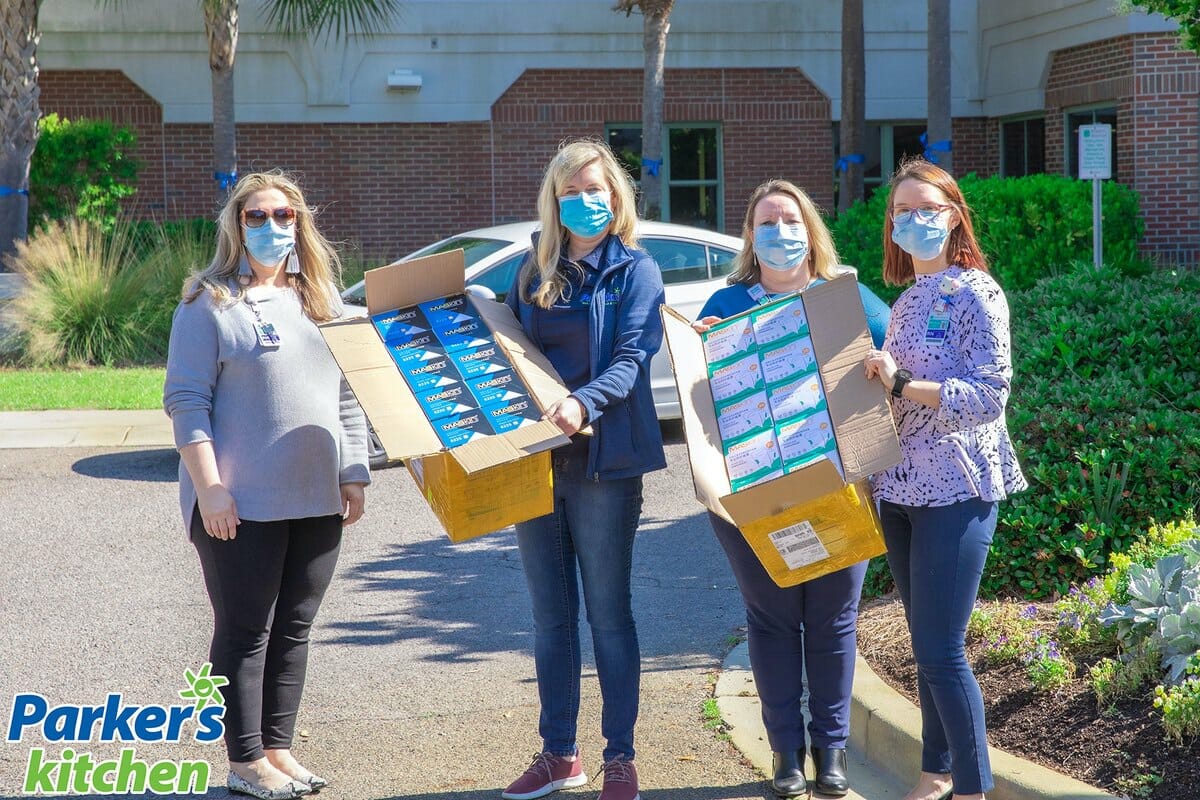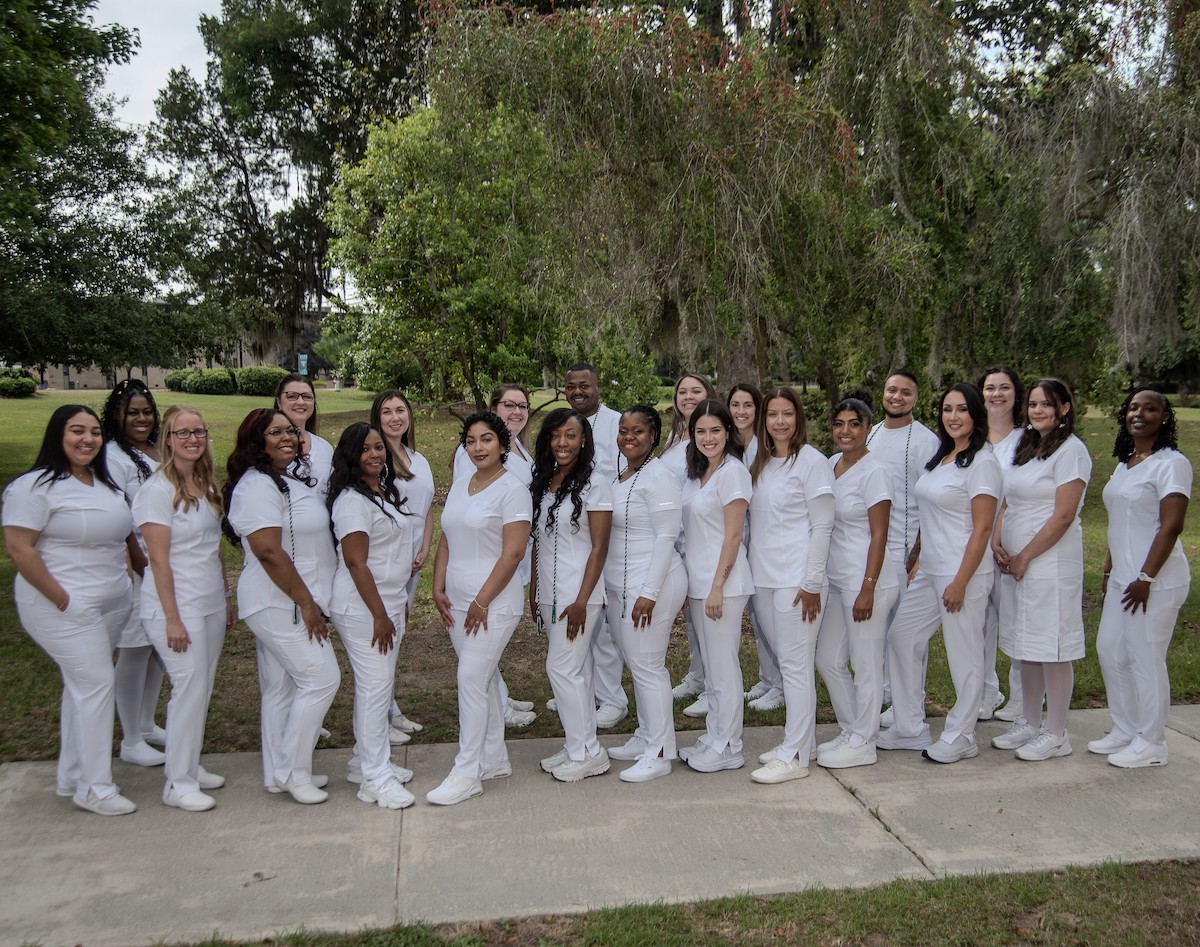Top psychiatrist offers ways to overcome fear and worry about COVID-19 as people resume normal activities and social interactions
Summary:
It’s normal to experience anxiety as your community begins to reopen during the COVID-19 pandemic and you start to resume normal activities.
Focusing on the facts, following your feelings, understanding the risks, and learning about safety measures that organizations are taking can help to calm your anxiety.
Becoming extremely isolated or engaging in reckless behavior could indicate you or a loved one is having difficulty coping with reopening.
Whether health concerns, financial challenges, social isolation, or changes to your daily routine, you have probably experienced some degree of anxiety or worry during the past few months as a result of the coronavirus (COVID-19) pandemic. As our community observes a decrease in new COVID-19 infections, we can safely start to reopen our economies. Some people may experience anxiety related to resuming activities in public and adjusting to the “new normal.” Here are ways to help you manage and overcome fears and worries related to reopening.
How can you manage stress and anxiety related to reopening?
Businesses and healthcare facilities must achieve several benchmarks before they can safely reopen, and many state governments are implementing a phased approach. As your community progresses through these phases, it will create opportunities for you to re-engage socially in a natural and gradual way, which may help to reduce your anxiety.
If you still feel nervous about resuming your normal activities, here are tips that may help:
Focus on facts: Focusing on the facts can help you make informed decisions as you resume normal activities. Make sure you’re getting your COVID-19 information and recommendations from trusted sources, such as the U.S. Centers for Disease Control and Prevention (CDC), your state and local health departments, and hospitals and healthcare systems in your area.
Learn about safety measures: Find out about the health and safety measures that businesses, hospitals, and medical offices in your community are taking to prevent the spread of COVID-19. Have they implemented new infection prevention protocols, including screening, enhanced cleaning/disinfecting, personal protective equipment (PPE), and check-in/check-out procedures designed to help protect our patients and staff?
Follow your feelings: Just because your community is starting to reopen doesn’t necessarily mean you’ll feel ready to resume your normal activities right away. Make decisions based on how you feel and your interpretation of the facts. If you choose to be more cautious because you’re part of a high-risk group — or for any other reason — it’s reasonable to wait to see how reopening goes before resuming activities in public.
Understand the risks: It’s important to understand your personal and community risk factors and accept responsibility for the risk you choose to take on. And remember, nothing in life is without risk, it’s just a part of living.
How do you overcome anxiety about reopening?
Overcoming anxiety boils down to facing your fear and learning to deal with it. How you accomplish this goal depends on your personal preferences. Here are two approaches you can try:
Incremental step approach: This approach involves increasing your exposure to your fear little by little so that your anxiety level decreases over time. If you’re nervous about leaving your home, for example, you could start by taking a walk around your neighborhood. Then, you might try chatting with a neighbor while maintaining social distancing, and progress to driving to a neighborhood store to make a drive-thru grocery or medication pickup. Eventually, you might try shopping for your own groceries in the store or eating at a restaurant that offers outdoor dining.
Flooding approach: The flooding approach involves full exposure all at once—like throwing someone who is afraid of water into a swimming pool. Using the example above, some people may find it effective to just “go for it” and skip to the last step by shopping in the store or eating at a restaurant right away.
It’s likely that COVID-19 will be with us for a while. Most of us will eventually get used to the changes brought about by COVID-19, such as wearing masks and social distancing, and become more comfortable living with some degree of risk related to the virus. Although you should remain vigilant to protect yourself and your loved ones, your anxiety around COVID-19 will likely diminish over time.
What are normal reactions to reopening, and how do you know if you or a loved one needs help?
You may experience a wide range of reactions to reopening, from being very anxious and overly cautious to being thrilled to resume normal activities.
Anxiety is a normal feeling and happens for a reason—it helps you stay alert and determine your level of risk. However, it can be difficult to reasonably judge a risk if you feel terrorized or excessively fearful. If you’re so worried about COVID-19 that you isolate yourself to an extreme and are unable to function, take care of yourself, sleep, or you’re having panic attacks, you may need to seek help from a mental health professional.
Overly reckless behavior during reopening, such as completely ignoring safety recommendations or putting others at risk, could also be a sign that you or a loved one needs help.
Are you worried about other people’s behavior during reopening?
It can be easy to get caught up in what other people are doing during reopening, especially if people aren’t wearing masks or are gathering in large groups. It also can be tempting to criticize people who are quick to resume normal social interactions and activities.
It’s important to remember that you can’t control what other people do, only what you decide to do. So, continue to follow CDC and state guidelines and weigh the benefits and risks of your activities for yourself and your family.
Despite this extremely challenging and worrisome time, many positives have emerged, such as the outpouring of care and support for each other and realization that we’re stronger together. This is still true now as we reopen. Consider the impact your actions have on others as we resume normal activities in order to keep not only yourself and loved ones but others safe too.
The bottom line: Experiencing anxiety related to reopening during COVID-19 is normal. It’s possible to overcome your anxiety by focusing on the facts, following your feelings, understanding the risks, and learning about safety measures. Keep an eye out for signs that you or your loved ones may be having trouble coping and seek help from a mental health professional if necessary.
We can safely start to reopen our economies as our communities observe a decrease in new COVID-19 infections. Some people may experience anxiety related to resuming activities in public and adjusting to the new normal.
Dr. Charles Herrick, chair of psychiatry at Nuvance Health shares ways to manage and overcome fears and worries related to reopening. For additional information, visit nuvancehealth.org/coronavirus
Exclusive content from CARE Magazine








